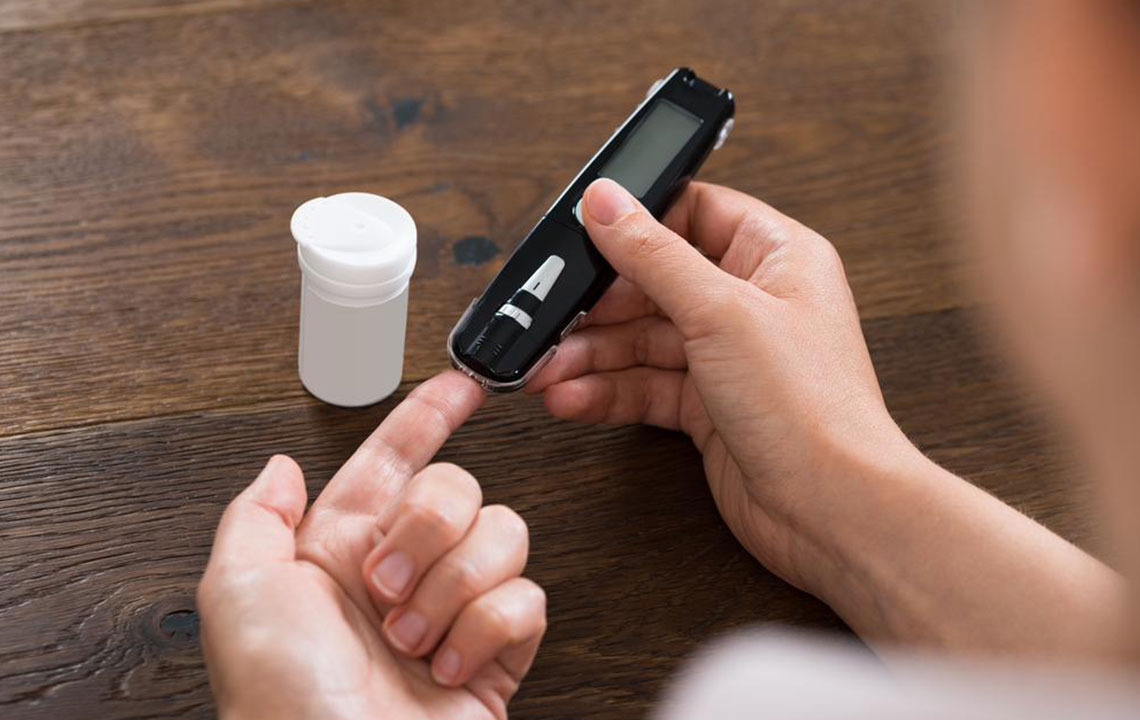Effective Strategies for Maintaining Stable Blood Glucose Levels
This article provides essential tips for maintaining healthy blood sugar levels, including understanding normal ranges, monitoring methods, lifestyle practices, and when to seek medical guidance. It emphasizes the importance of diet, exercise, and medication expertise to prevent complications and promote overall health for both diabetics and non-diabetics alike.
Strategies for Maintaining Stable Blood Glucose Levels
Maintaining optimal blood sugar levels is essential for everyone’s health, regardless of diabetes status. Achieving stable glucose levels is manageable by adopting healthy lifestyle habits. Fluctuations can lead to serious health issues, including vascular damage and other complications. The good news is that there are effective methods to keep blood sugar within healthy ranges, reducing risks and enhancing overall well-being.

Understanding Normal Blood Sugar Levels
Knowing what constitutes normal blood sugar levels is the first step toward managing them effectively. Levels typically vary throughout the day, being lowest in the early morning and rising after meals. Generally, blood glucose should stay between 4 and 8 mmol/l. Before meals, normal levels fall between 4 and 7 mmol/l, while two hours after eating, levels should remain below 10 mmol/l. Bedtime readings tend to stabilize around 8 mmol/l, guiding individuals on healthy ranges.
Monitoring Blood Glucose Made Simple
Tracking your blood sugar is crucial for maintaining control. Home glucose testing kits, consisting of a small device and test strips, make monitoring convenient. To test, prick your finger, place a drop of blood on the strip, and insert it into the device, which will display your glucose level within moments. Trusted brands like OneTouch, Accu-Chek, FreeStyle, TrueMetrix, Contour Next, and TrueTrack offer reliable options to help regulate your levels effectively.
The Importance of Maintaining Normal Blood Sugar
Keeping blood sugar within healthy ranges prevents complications such as nerve damage, kidney issues, and eye problems. For diabetics, vigilant monitoring and management are vital, but everyone benefits from stable glucose levels. Elevated or low levels can cause significant health risks, underscoring the necessity of lifestyle vigilance.
Consistent Blood Glucose Management
Prioritizing blood sugar control involves mindful eating, regular exercise, and medical consultation. Avoid excessive consumption of sugary foods and beverages, especially for those at risk. Incorporate balanced diets prescribed by healthcare providers. Engaging in regular physical activity helps regulate glucose levels and promotes overall health. When lifestyle changes are insufficient, medication, prescribed and supervised by a doctor, may be necessary. Remember, medications are meant to aid management—they are not cures, and ongoing routine adjustments are essential for long-term health.










